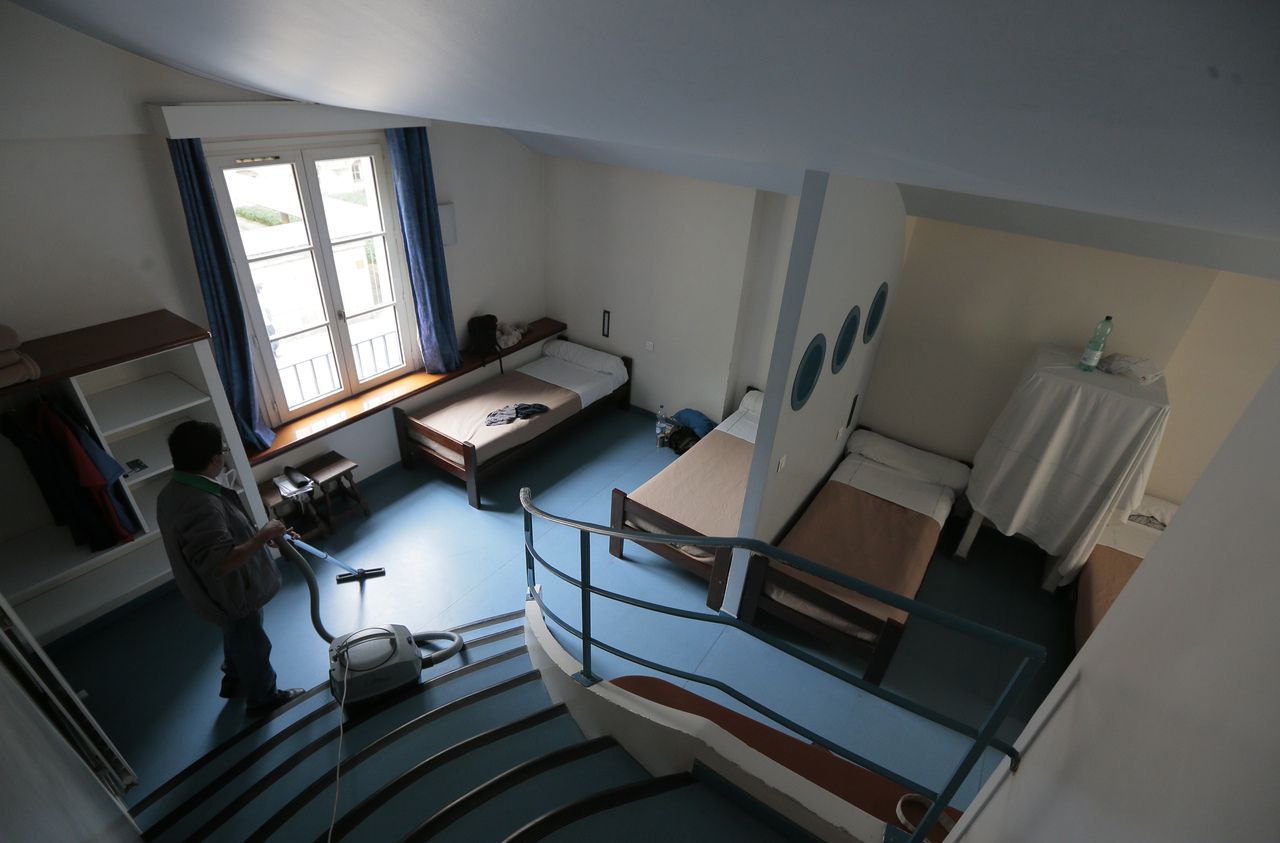Patrick Boulo, the owner of the Backpacker's Chez Patrick youth hostel in Nice (Alpes-Maritimes), is upset. “We are sailing by sight at the moment. We may end up on the street ... If we don't have reservations for the summer, I don't know how we're going to get out of it. "
For the first time in 22 years, its 26-bed inn is completely empty in summer: “We have reopened in recent weeks but we have had zero entries, we don't work anymore. "
The absent tourists
Since July 1, European countries have agreed to reopen the borders of the Schengen area to certain countries. China is part of it on condition that it admits visitors from the European Union to its soil, which is currently only the case on a limited basis. The United States is excluded. However, American travelers represent 18% of the share of tourism in the European Union, according to the latest figures from the European Commission. "My clientele is 98% American and Asian," explains Patrick Boulo.
Same thing for Valérie, owner of the smallest hostel in Paris (64 places), the Woodstock Hostel Montmartre. She decided not to reopen her inn until next October, due to the lack of tourists this summer. "Even in October, I think people will think twice before traveling ... I can't see the situation improving before next March," says Valérie. “After the attacks of 2015 and the strikes of this year, the Covid-19 sealed us, it becomes untenable. "
Measures difficult to apply
Beyond attendance, the very concept of hostels, which revolves around the values of the community, sharing and conviviality, is undermined by health rules.
“If we have to close every other bed in our dorms, we won't hold up. Our business works on quantity, ”laments Valérie.
“If we had clients right now, it would be complicated to limit the number of people in each room. In my hostel, everything is shared: the kitchen, the toilets, the dormitories… ”, says Patrick Boulo. “Very quickly at the start of the coronavirus pandemic, I understood that we were going to pay dearly. "
Large groups seem to adapt more easily. Chez Jo & Joe in Hossegor (Nouvelle-Aquitaine), a chain of hostels from the Accor hotel group, the establishment is already fully booked for the whole summer.
Newsletter - The essentials of the news
Every morning, the news seen by Le ParisienI'm registering
Your email address is collected by Le Parisien to allow you to receive our news and commercial offers. Find out more
"We have adapted to the sanitary measures: we have a sense of movement, no consumption of standing food, we have closed every second bed in the dormitories," says Agathe Mariette, commercial manager of Jo & Joe in Hossegor ( New Aquitaine).
"To be honest, even with all the measures, people find it difficult to respect the wearing of the mask, but that did not break the atmosphere here," said Agathe Mariette.
New challenges
Guillemette has reserved a dormitory with her friends for next week at Jo & Joe Hossegor. The pandemic has not dissuaded this communications officer from staying in an inn: "I know that it is not very reasonable, that we should be more aware of the virus, but I did not ask myself too many questions to leave this summer. "
For Héloïse, a student in London, the current climate should not scare backpackers: “I think that hostels are doing what they can. I'm not afraid to share the dormitory with strangers because it's been several weeks that we take risks by going out all the time. "
According to a global survey by the British company GlobalData, 43% of 18 to 24 year olds are "extremely concerned" about the COVID-19 epidemic and this figure rises to 48% for 25 to 34 year olds. One in two people therefore, in the heart of target of these establishments which are not used to diversifying their income.
For the United Federation of Youth Hostels (FUAJ) which brings together one hundred hostels in France and is part of a network of more than 4,000 abroad, it is absolutely necessary to diversify the clientele and the sources of income. “This year, we barely make 40% of our usual turnover, explains Guillaume Pye, Director of Operations of the FUAJ, but it is picking up slowly and we are discovering another unusual clientele for us: families. He admits that "distancing is not at all in our DNA, but we adapt as best we can".
Since June 12, the hostels in its network are gradually reopening. But at least ten will remain closed until September.

